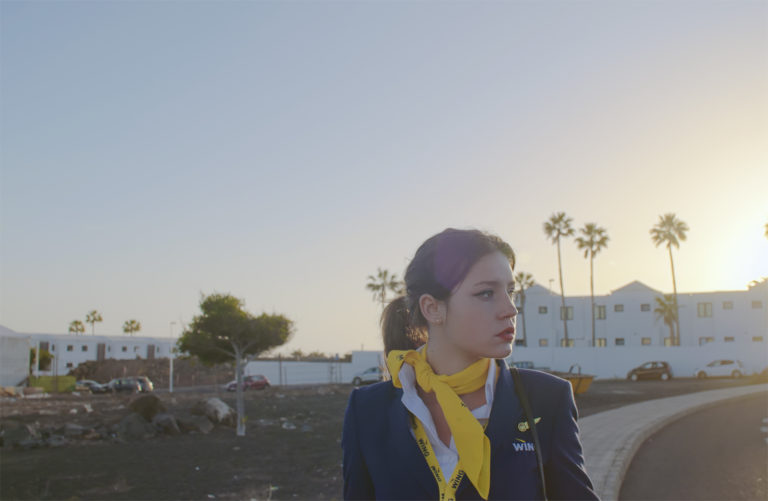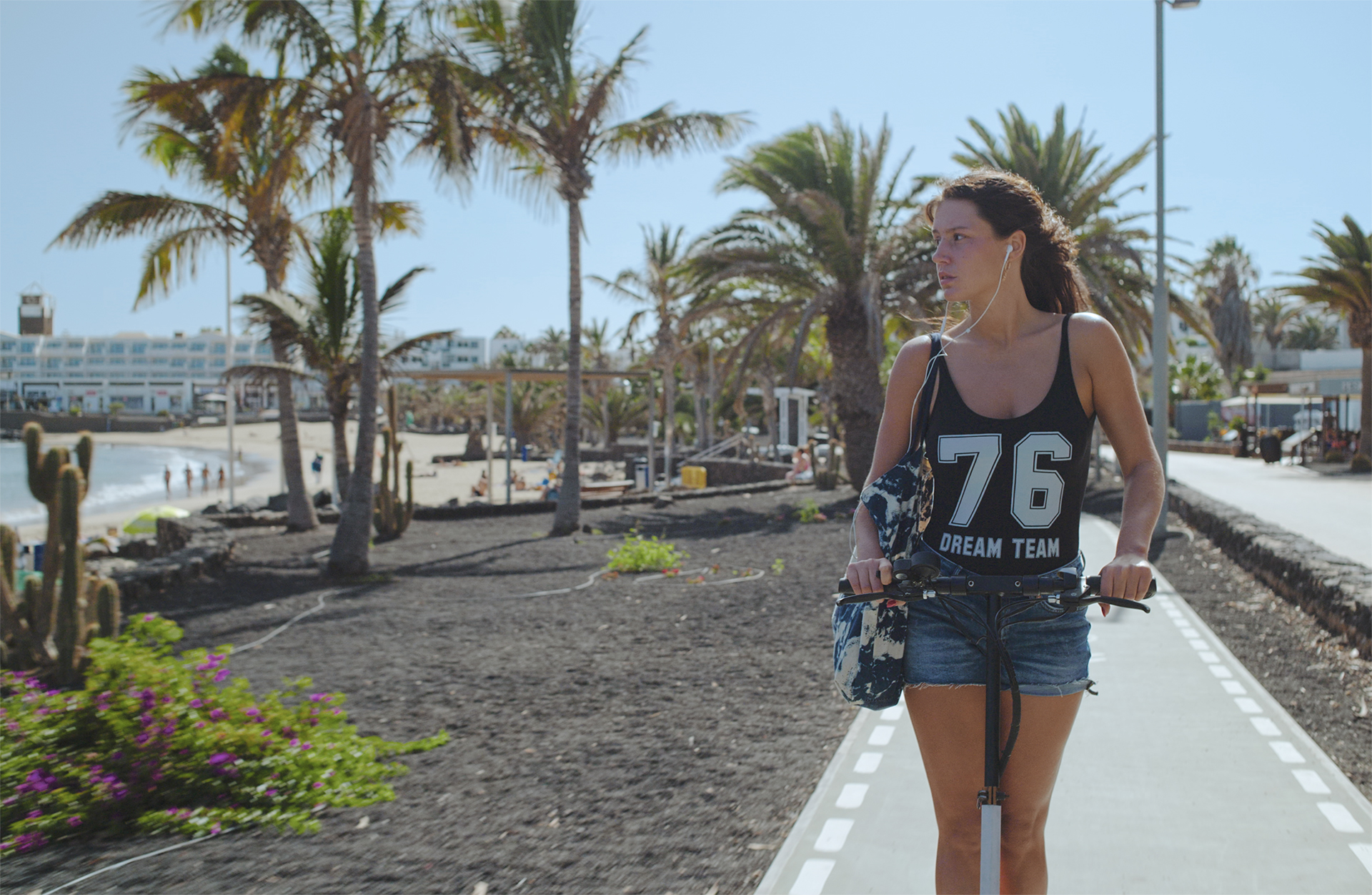
Centennials are the ones who are mostly affected by the vacuous disillusion of the current era. If the digital revolution has provided opportunities by creating new professions that never existed before, at the same time it has caused precariat to spread like wildfire to all fields. Jobs as easily as they come can go, just like human connections. Current youth exists without predictability or security, from both a material and psychological welfare.
This sociological condition is effectively captured by Zero Fucks Given (Rien à foutre) an indie Belgian-French film that was presented at the 74th Cannes Film Festival. The picture doesn’t complain nor explain the causes of society’s state of affairs, it simply provides an authentic snapshot of the low-cost generation, caught between the frenzy of globalisation and the alienation of social interaction. We’ve all become collectors of experiences, travelling incessantly, sharing photos on social media, partaking in fast-consumed rapports, and at the end of the day all that is left are dashed hopes and a sense of vacuousness.

The film directed by Julie Lecoustre and Emmanuel Marre stars Adèle Exarchopoulos, Jean-Benoît Ugeux and Jonathan Sawdon. The actress who rose to fame thanks to Abdellatif Kechiche’s Blue Is The Warmest Colour, now puts herself in the shoes of Cassandre, a flight attendant working for a low cost airline named Wing (modelled on Ryanair). Her philosophy is to live from day to day. Cassandra travels, parties, uses dating Apps to entertain herself with men. Her motto (and online nickname) says it all: Carpe Diem. She truly “seizes the day,” although this frantic existence with no strings attached on the long run doesn’t fulfil her. While dragging along in her unsatisfying routine she fantasises of being able to work for a prestigious airline like Emirates in the future. As she narcotises herself into this apathetic way of living, an unexpected event forces her to reconnect with the world, confront past trauma and consider how she may improve what is to come.
The style of the movie mirrors the protagonists insouciance. The cinematography is as grainy and indefinite as Cassandre’s attitude. The form feels like a melange of an artsy work of video-art, and a social media reel portraying pop culture’s 24-7 service industry with a documentarian twist. Filmmaker Emmanuel Marre claimed that observing a real flight attendant’s melancholia brought his memory back to Edward Hopper’s painting New York Movie, the pictorial epitome of isolation and wistfulness. Some scholars claim that the American painter’s work was instead an ode to the warmth and endurance of the human spirit in the midst of dehumanising mass living. Along these lines Lecoustre and Marre truly embrace the cinéma-vérité approach to convey this mood, intertwining it with the allegory of the flight attendant wandering from one country to the next in search of herself.

As spectators discover more of Cassandre’s personal storyline the generational metaphor acquires more emotional depth, even though the title encapsulates how the lead character tries not to “give a fuck.” As the narrative progresses the film tries to dismantle the constrictions of coded attitudes that equally belong to the professions that require standardised behaviour behind a uniform, as much as actors abandoning their identity to bring to life other existences. As Julie Lecoustre underlined, there is a parallel between the job of a flight attendant and that of an actress: sometimes, you wonder what an actress thinks when she doesn’t have the obligation to smile, wear makeup as a kind of mask, and carry out a set of preordained actions.
Final Grade: B+

